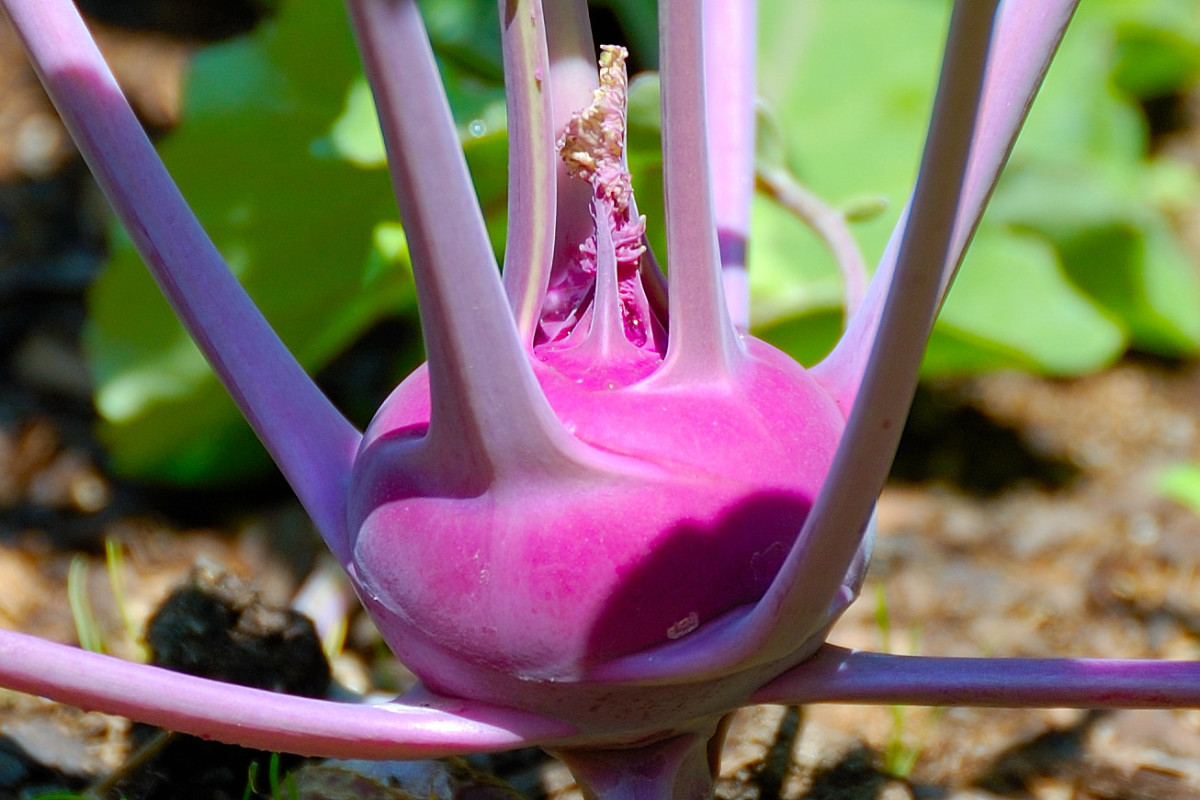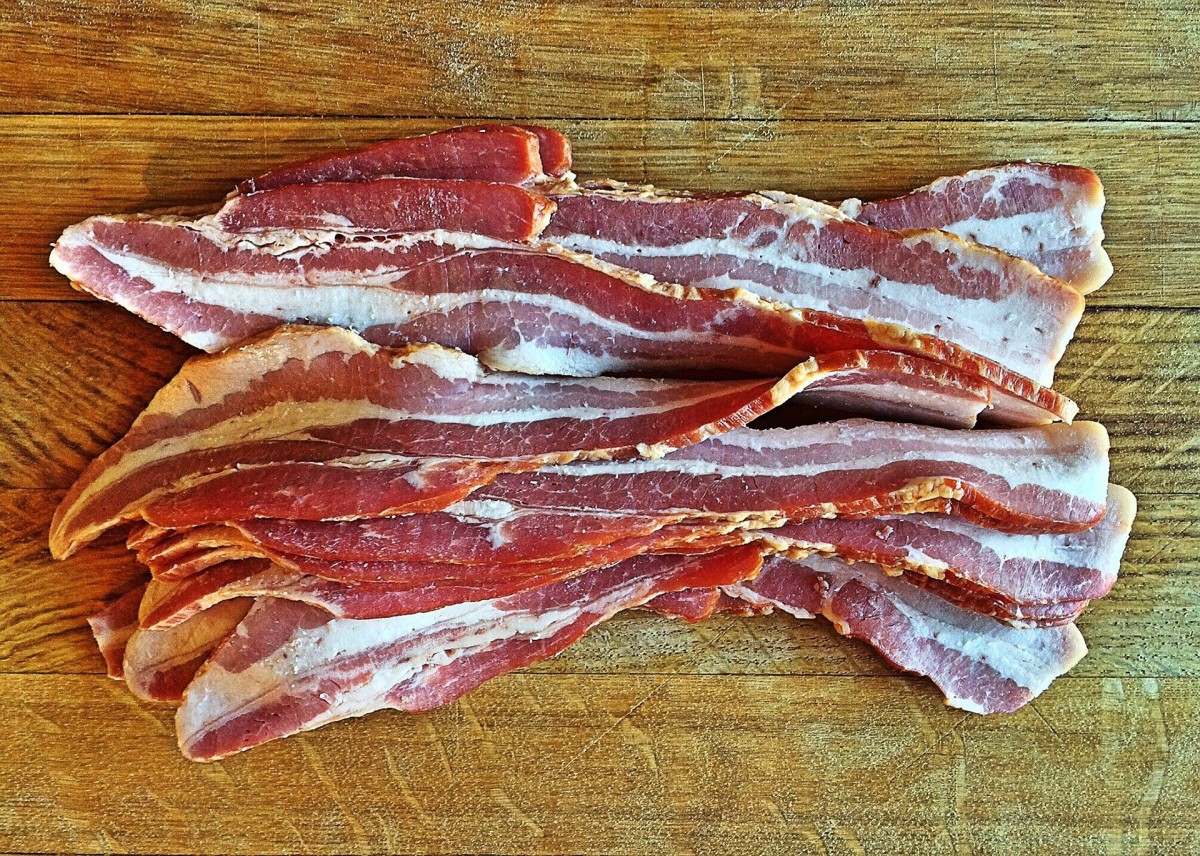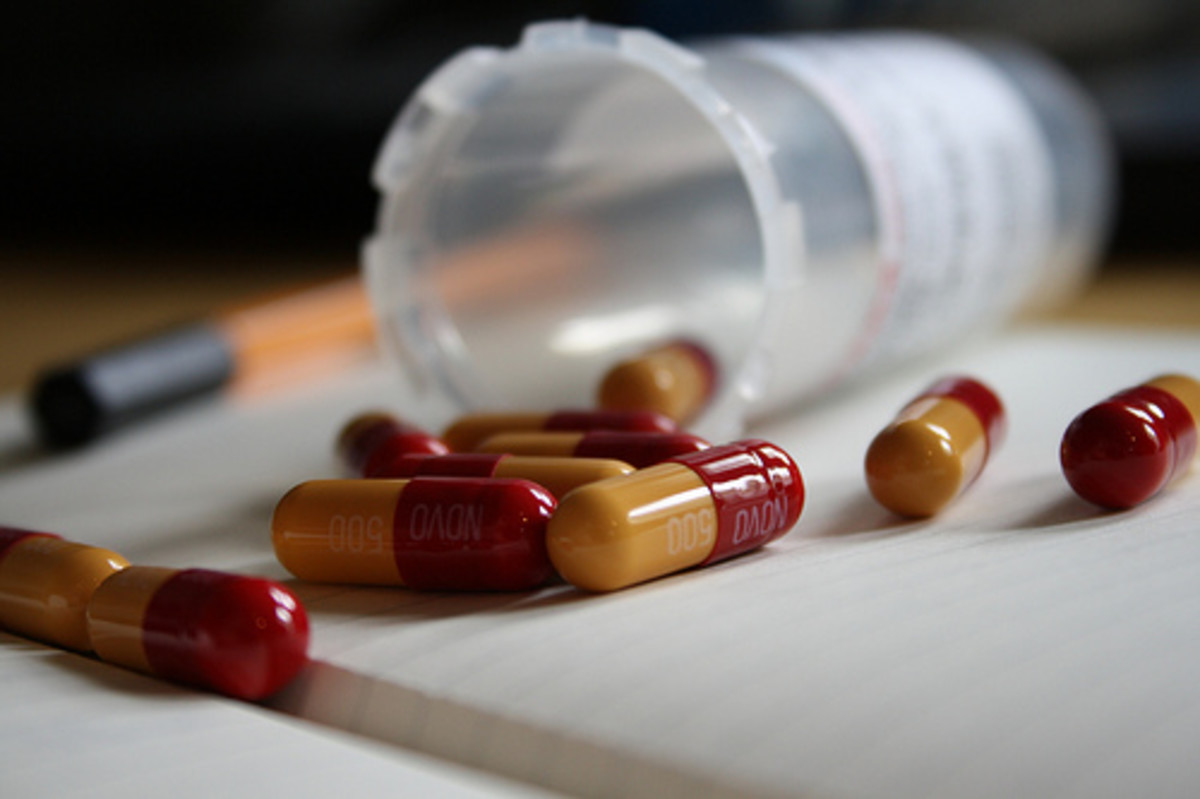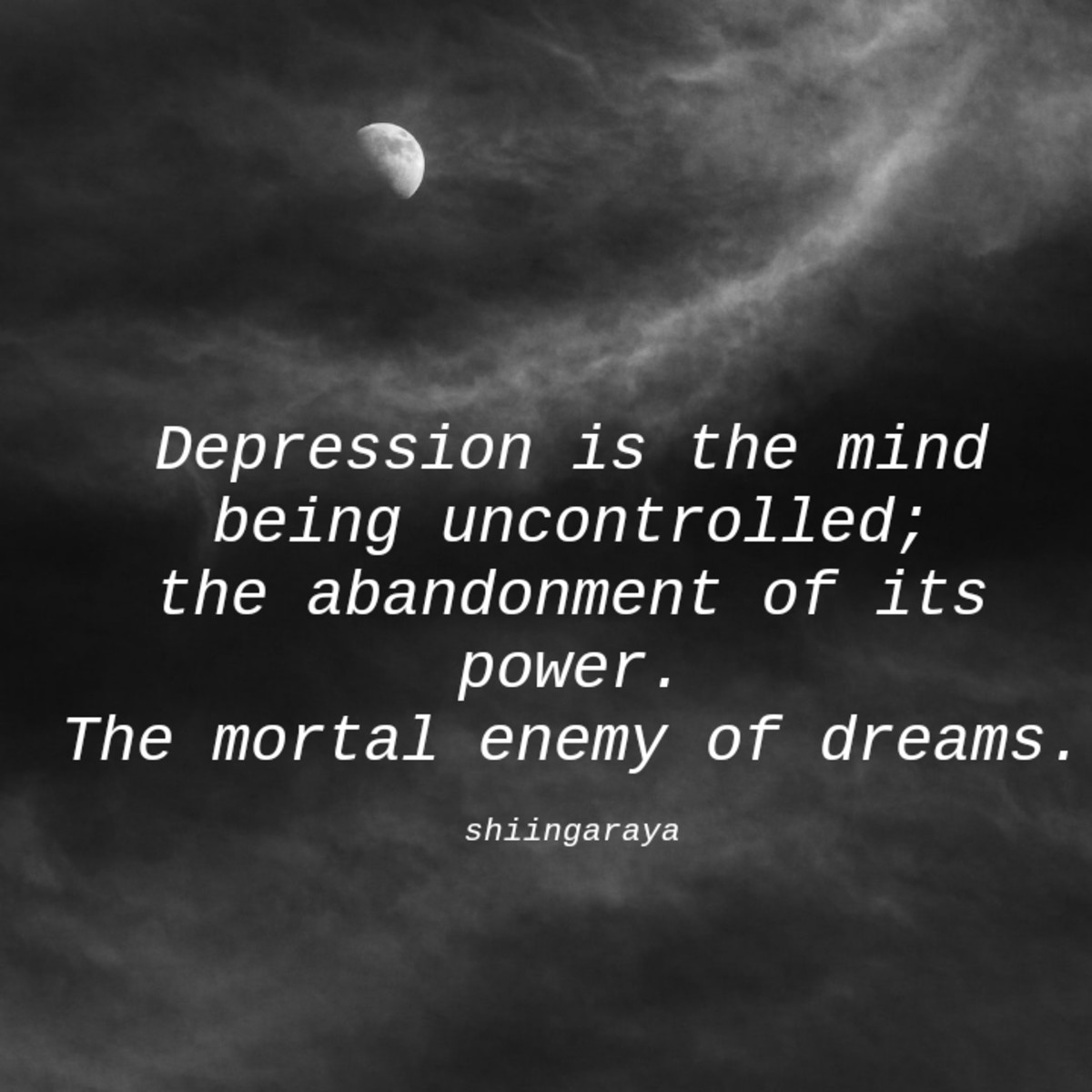The Link Between Nutrition and Depression
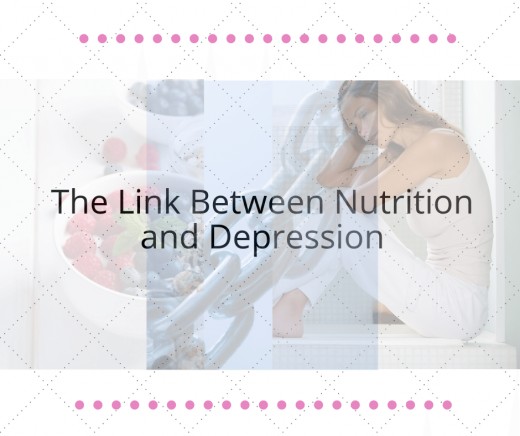
The Link Between Nutrition and Depression
There really isn’t a specific dieting plan that will completely eliminate depression. The link between nutrition and depression is still quite vague. While eating the right foods will not suddenly put you in a better mood, following a healthier lifestyle can help you in the long term. But for now, let’s look at the role that nutrition plays in depression.
Prevents Damage to Cells
One of the reasons depression becomes chronic is that over time, stress will physically damage cells. The brain is highly susceptible to this damage. While there is no way to completely eliminate the creation of these damaging “free radicals,” we can lessen their impact through nutrition and developing better habits. We’re going to focus on the nutrition side of it.
Start out by eating foods that are high in antioxidants. These include:
- Broccoli
- Apricots
- Cantaloupe
- Carrots
- Any foods containing Beta-Carotene
- Any foods containing Vitamin C
- Any foods containing Vitamin E
Carbs are Not Always Bad
Popular diets like ketosis have created the misconception that all carbs are bad but that is not the case. In fact, smart carbs will help your body repair damage caused from stress. The key is to choose the right carbs. Don’t rush to those sugary desserts when you’re in a bad mood. Try eating whole grains instead – or fruit and vegetables. These smart carbs can improve your mood in the same way that high sugary foods do. Plus they are much healthier.
Boosting Alertness with Protein
Protein is another important nutrient for fighting depression because it raises our alertness. Foods that are high in protein are going to make a significant different. Fish and poultry are probably the healthiest meats but if you happen to be a vegetarian, then you can get your protein from beans, peas, and dairy products.
Vitamin D Plays an Important Role in Nutrition and Depression
There was a study done back in 2010 that showed people with a low level of vitamin D to be linked to a higher chance of depression. Fortunately, we can offset this by making sure that we’re getting enough Vitamin D in our diet. Just make sure you don’t overdo it.
I recommend that you take a daily supplement to help ensure that you are getting the proper amount of Vitamin D.
Weight is Also Important
Individuals who are overweight are also more likely to suffer from depression. However, the problem here is that people who are depressed are actually more likely to become overweight. It’s a vicious cycle. If you are suffering from depression, take some steps to ensure that you don’t get overweight. Choose healthier foods over junk foods. Consider a diet if you are overweight. Exercise more. Do anything within your power to make sure that you are leading a healthier lifestyle. This doesn’t mean that a strict diet is required to fight depression. It just means that watching what you eat will help.
It’s also worth noting the caffeine can be a trigger for anxiety, which is a leading cause of depression.
While there is certainly a lot to learn about the link between nutrition and depression, it can’t hurt to improve your overall health by following these tips.
This content is accurate and true to the best of the author’s knowledge and is not meant to substitute for formal and individualized advice from a qualified professional.
© 2019 Lynna K Teer




